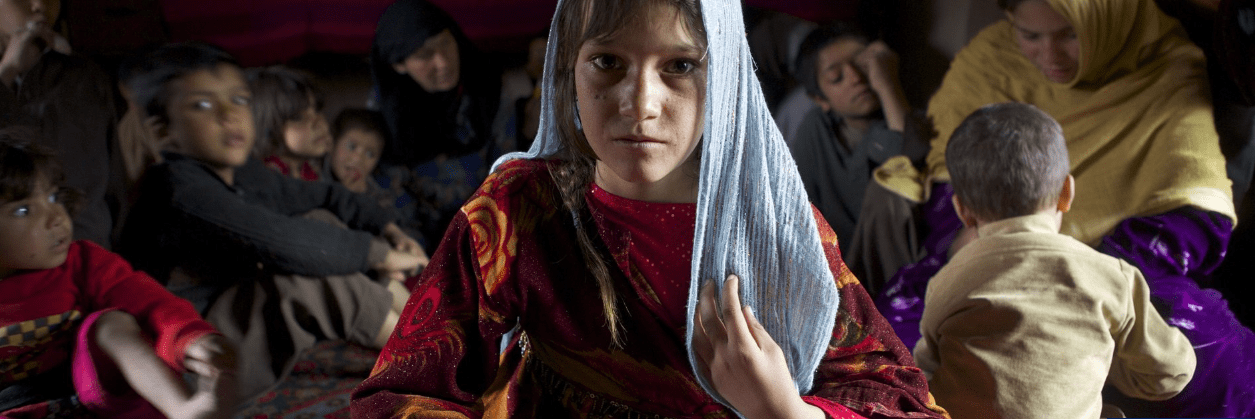There is an urgent need for donor help for Afghanistan’s health care system.

In light of the ongoing humanitarian crisis in Afghanistan, the World Health Organization (WHO) has issued a new Alert highlighting the critical importance of increasing investment in healthcare service provision across the country, especially in underserved areas where healthcare infrastructure is severely under-resourced and remains vulnerable.
Millions of people in Afghanistan have inadequate or no access to health and food due to decades of instability, which has been compounded by severe drought and natural catastrophes, placing them at high risk of hunger and disease epidemics. Women and girls are much more at risk now that they are prohibited from going to school or working because of the restrictions placed on them.
An alarming rise in the number of individuals in critical need of humanitarian help is shown in the updated Afghanistan Humanitarian Response Plan for 2023. According to the strategy, the number of Afghans in need of urgent aid has increased from 18.4 million in the year leading to August 2021 to a whopping 28.8 million. To now, 8.4 million individuals have been reached in the first six months of 2023, out of a total objective of 14 million people to get health aid to solve the health emergency. The healthcare community has responded admirably, providing a whopping 25.7 million services in the years 2022 and 2023.
The fact remains that despite these initiatives, 8 million Afghans will be denied access to vital and potentially lifesaving health assistance, and 450,000 patients will have limited or no access to potentially lifesaving trauma care services, such as blood transfusions and referrals, if adequate funding is not provided. There will also be a shortage of mental health professionals and social workers, leaving an estimated 1.6 million individuals with mental health disorders without adequate care.
The World Health Organization issued an alert warning of catastrophic repercussions for Afghanistan’s healthcare sector if funding shortages persist. To provide comprehensive services to the Afghan people, especially women and children, the health sector must overcome enormous obstacles. This has led to fragmentation and increased vulnerability, especially in neglected regions.
“The situation in Afghanistan is grave, and the lack of resources and funding to support health workers and facilities is putting countless lives at risk,” said Dr. Tedros Adhanom Ghebreyesus, Director-General of the World Health Organization. The majority of casualties are female and juvenile. I implore our benefactors to be generous so that we may go on our lifesaving mission.
The Regional Director for the Eastern Mediterranean at WHO, Dr. Ahmed Al Mandhari, has made a plea for the international community to join forces with WHO to address the current humanitarian health catastrophe in Afghanistan. He urged that immediate action be taken to help Afghanistan’s healthcare sector. If nothing is done, the effects on the Afghan people’s health and welfare might be devastating.
Concerned about the underfunding of the health system, WHO Representative Dr. Luo Dapeng underlined the need for prompt action while also seizing the opportunity to show gratitude to partners. He emphasized that the situation in Afghanistan was dire and needed immediate response. Underfunding the healthcare system in a nation that has been plagued by violence for decades is a major humanitarian issue. The effects of this lack of finance are disastrous. I’d want to express gratitude to those who have helped us so far and urge our present partners to step up their efforts.
Building on the progress made in 2022, WHO will continue to work with its exceptional partners to address urgent health crises in the second half of 2023 by delivering life-saving health interventions. There is still much to be done to ensure that Afghanistan receives the health services it needs, as outlined by the World Health Organization’s four strategic areas: protecting people every day; reaching everyone, everywhere, and putting mothers and children first; leading the health sector by coordinating the health partners, and driving impact.






